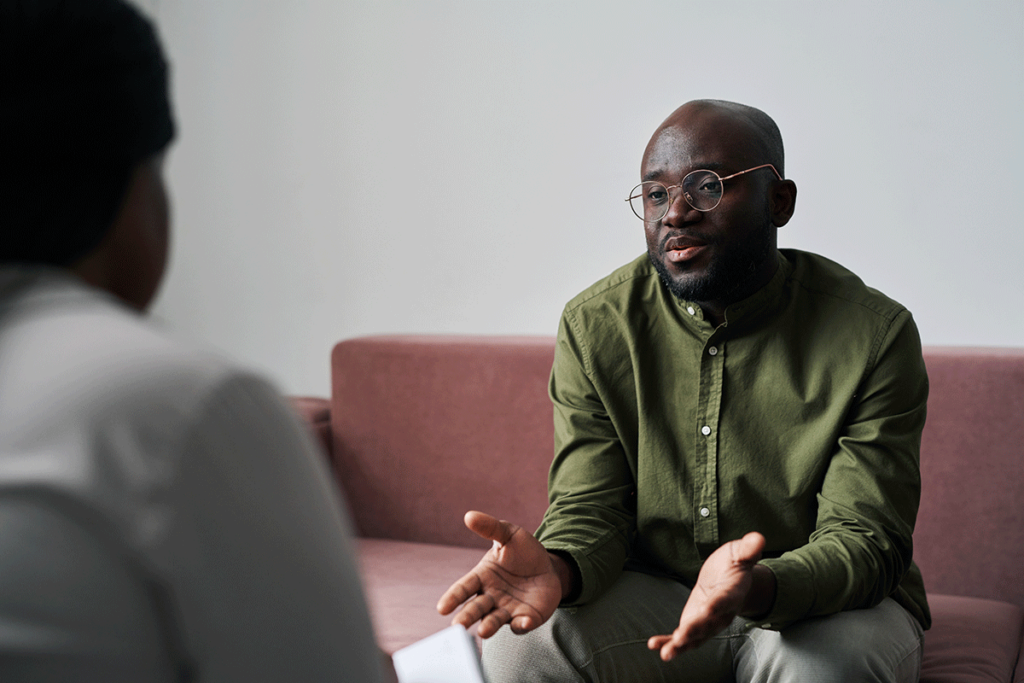Specialist Tips for Finding the very best Intensive Outpatient Program (IOP).
Specialist Tips for Finding the very best Intensive Outpatient Program (IOP).
Blog Article
The Effect of Holistic Therapies on Mind-Body Recovery in an Intensive Outpatient Program
In the realm of extensive outpatient programs, the incorporation of alternative treatments has triggered substantial passion and argument amongst specialists in the field of psychological health and wellness. The possible synergy in between traditional healing techniques and holistic practices in fostering alternative health remains a subject ripe for expedition and evaluation.
Integrating Holistic Therapies in IOP
Including alternative therapies right into Intensive Outpatient Programs (IOP) can boost the general well-being and treatment end results of people seeking psychological wellness assistance. All natural therapies concentrate on dealing with the entire individual, addressing not just the signs however also the underlying reasons for psychological wellness problems. By incorporating practices such as yoga, reflection, art treatment, and acupuncture right into IOP setups, people can experience a much more extensive strategy to their therapy.

Benefits of Yoga and Reflection
By instilling IOP settings with all natural treatments like yoga and reflection, individuals can access a variety of benefits that contribute to their psychological and emotional wellness - Intensive Outpatient Program (IOP). In addition, yoga boosts self-awareness and fosters a sense of inner tranquility, which can be particularly beneficial for individuals undergoing intensive outpatient treatment.
Meditation, on the other hand, concentrates on training the mind to achieve a state of quality and emotional peace. By incorporating meditation into their regular, people in an IOP can discover to manage racing ideas, improve concentration, and cultivate a much more favorable overview on life. Reflection practices have actually been revealed to lower symptoms of PTSD, enhance psychological durability, and promote much better rest patterns, all of which are crucial elements of the healing procedure in intensive outpatient programs. Therefore, incorporating yoga exercise and reflection right into IOP setups can significantly boost the mental and psychological health of individuals seeking holistic recovery.
Acupuncture for Mind-Body Healing
Acupuncture, a typical Chinese medication method involving the insertion of thin needles into particular factors on the body, supplies a distinct approach to mind-body recovery by targeting energy circulation and advertising holistic wellness. This old method is based upon the idea useful content of Qi, the body's vital force, streaming along meridians or paths. By boosting details acupoints, acupuncturists intend to recover the balance of Qi, which is believed to be important for overall wellness and well-being.

Additionally, acupuncture is progressively being integrated right into Western medication practices to complement traditional treatments for numerous mental wellness problems, offering an alternative approach that considers the interconnectedness of the body and mind in promoting healing and wellness.
Mindfulness Techniques in Treatment
Broadening on the realm of all natural therapies, mindfulness strategies play a critical duty in treatment by cultivating a deeper connection in between the body and mind for general well-being. Mindfulness, rooted in ancient contemplative practices, entails focusing on the here and now minute non-judgmentally - Intensive Outpatient Program (IOP). In the context of an intensive outpatient program, integrating mindfulness methods can help individuals establish self-awareness, control emotions, and reduce anxiety levels. Through mindfulness reflection, individuals can grow a heightened sense of recognition of their ideas, feelings, and physical experiences, promoting a greater understanding Bonuses of the interconnectedness in between physical and psychological well-being.

By urging people to observe their ideas without accessory or judgment, mindfulness promotes a feeling of approval and empathy towards oneself. Inevitably, integrating mindfulness methods right into therapy plans can equip individuals to actively participate in their healing journey and promote alternative wellness.
Examining Alternative Interventions' Effectiveness

Qualitative evaluations, on the other hand, include gathering subjective comments from individuals concerning their experiences with holistic interventions. This qualitative information can use useful insights into the regarded benefits of these therapies on individuals' overall well-being, lifestyle, and coping systems. By incorporating quantitative data with qualitative feedback, scientists can gain a much more all natural understanding of the efficacy of these interventions in advertising mind-body recovery within an intensive outpatient program. Such examinations are important for notifying evidence-based practices and enhancing alternative treatment approaches for individuals looking for detailed health.
Final Thought
Finally, the assimilation of all natural treatments such as yoga, meditation, acupuncture, and mindfulness strategies in an extensive outpatient program can have a significant influence on mind-body healing. These treatments use a more detailed technique to treatment by attending to the physical, psychological, and spiritual elements of a person's health. Reviewing the efficacy of these alternative interventions is important in recognizing their potential benefits in enhancing the overall recovery process for people in an outpatient setting.
Report this page